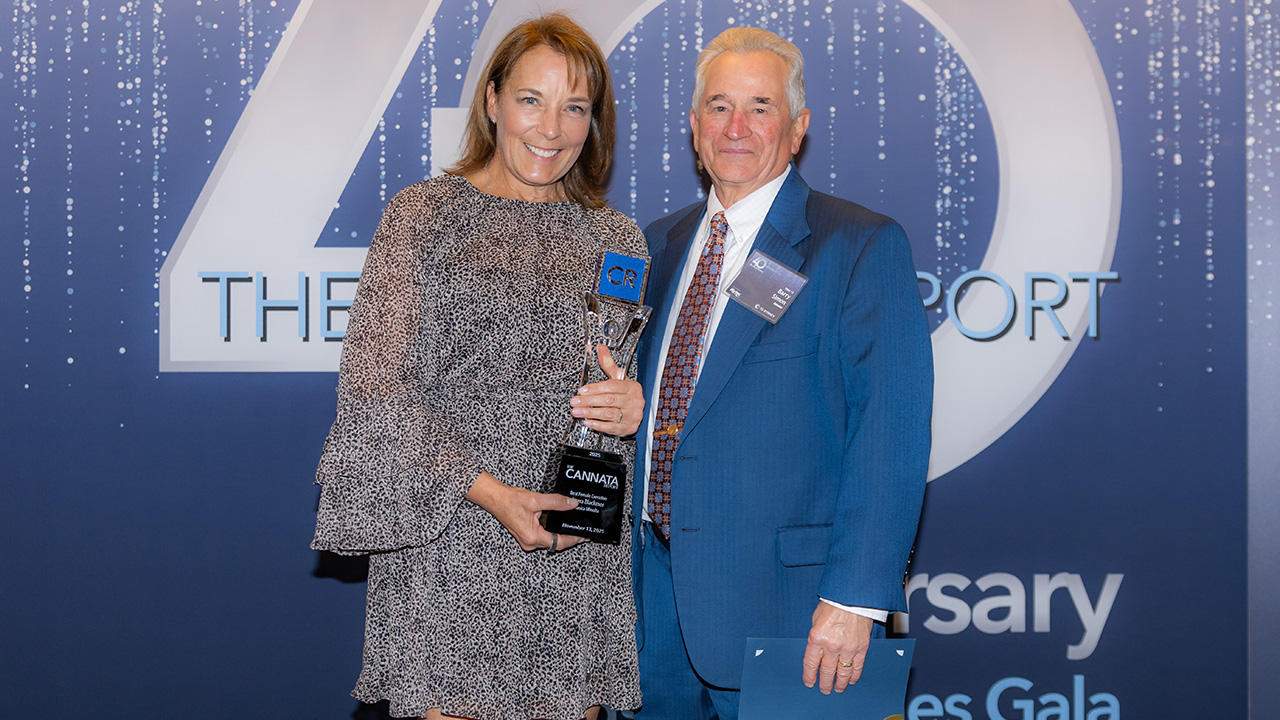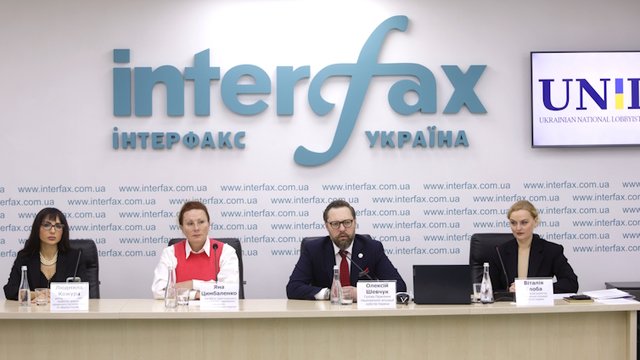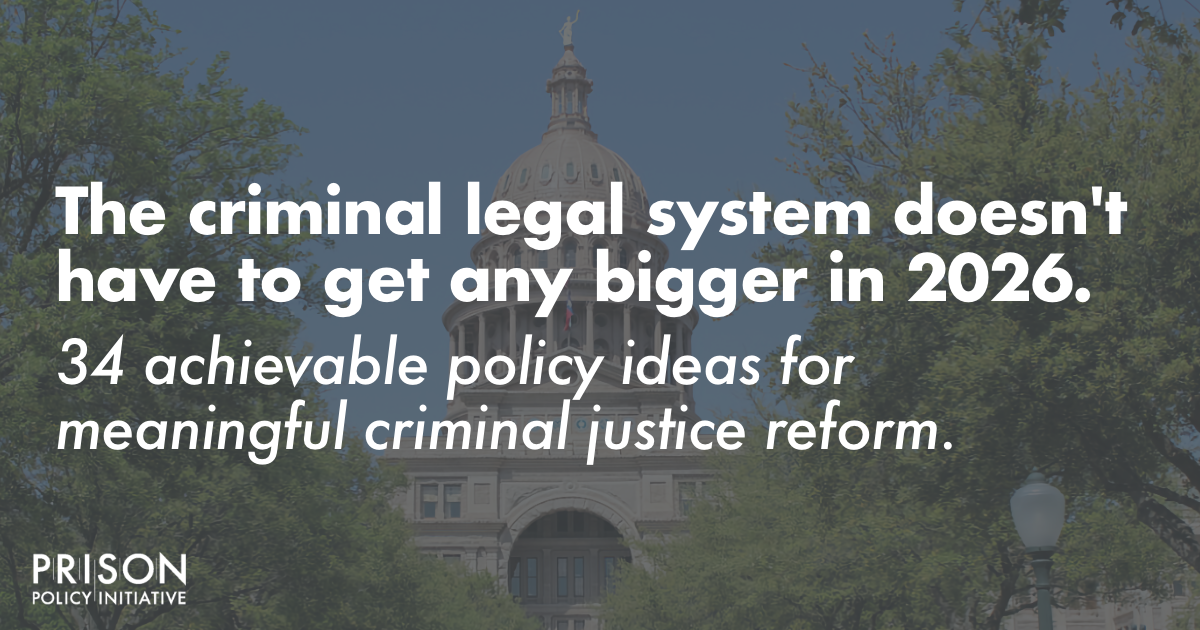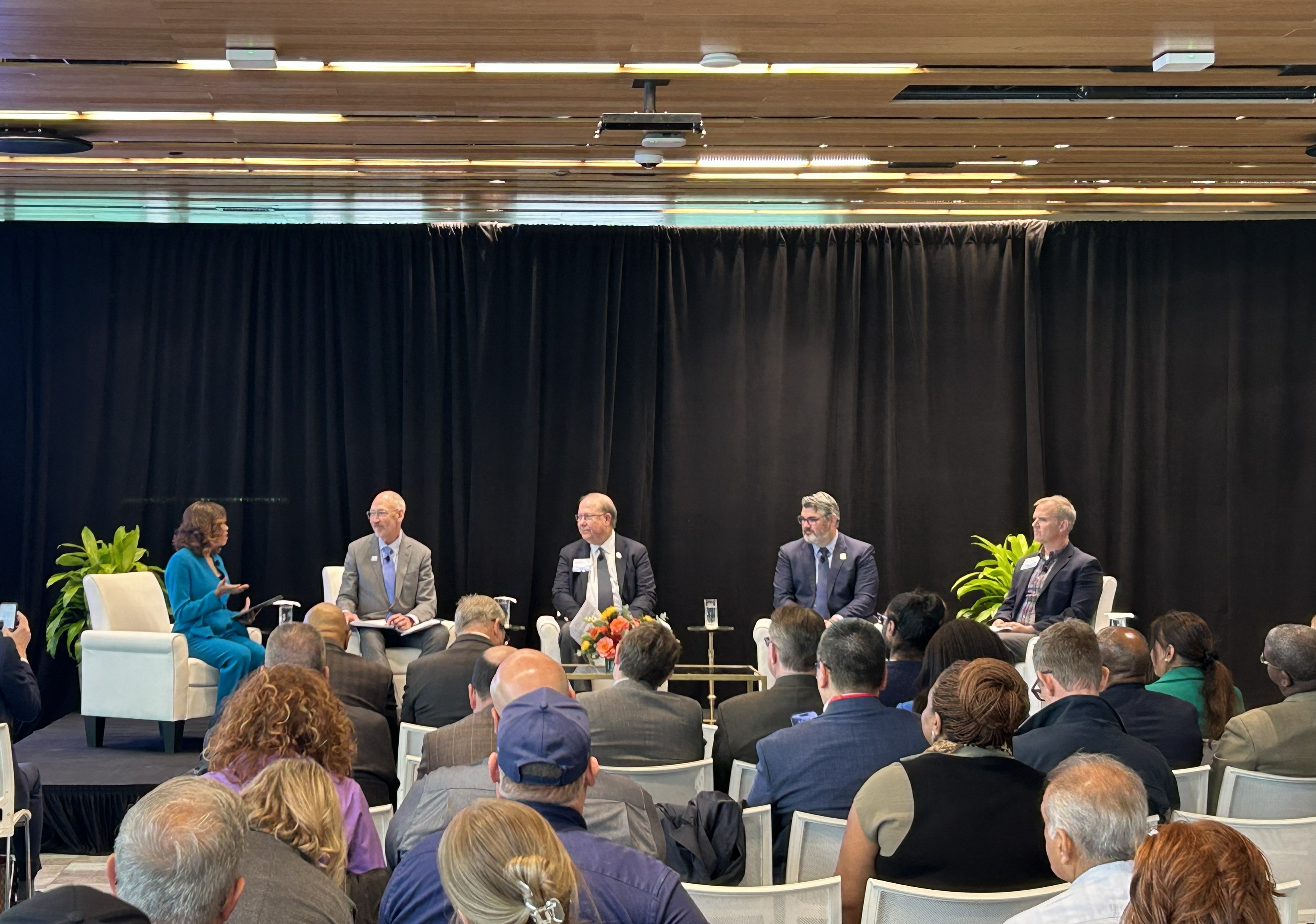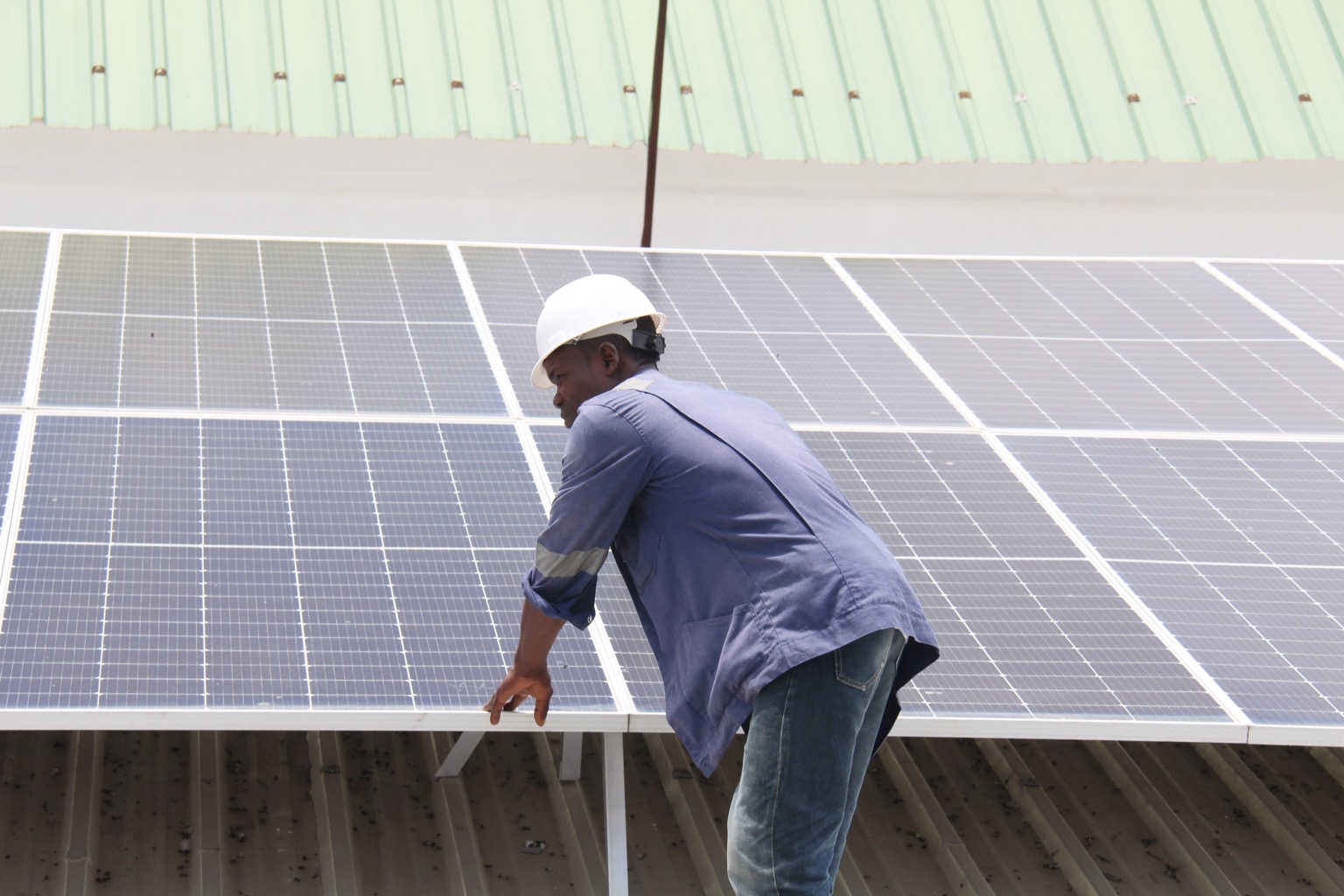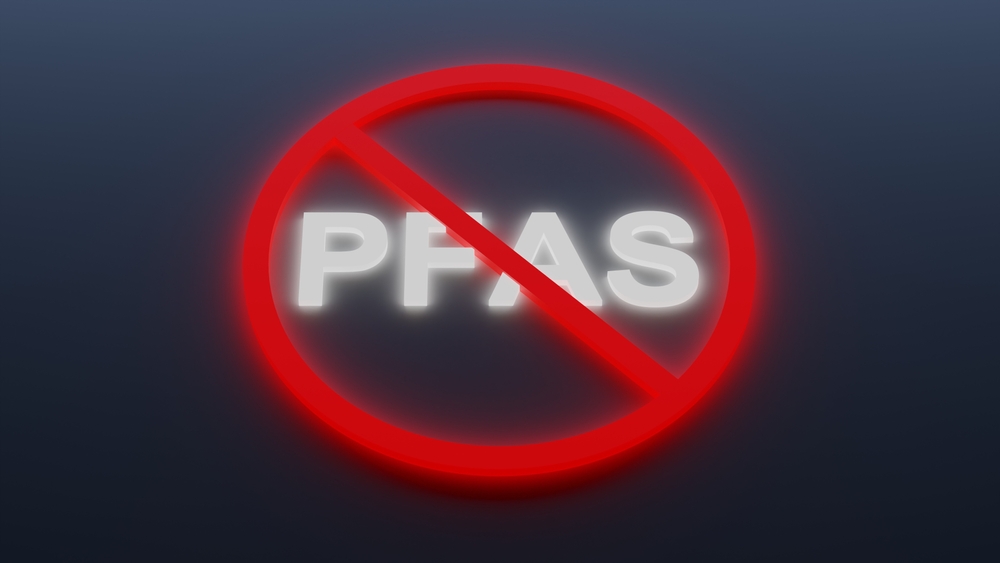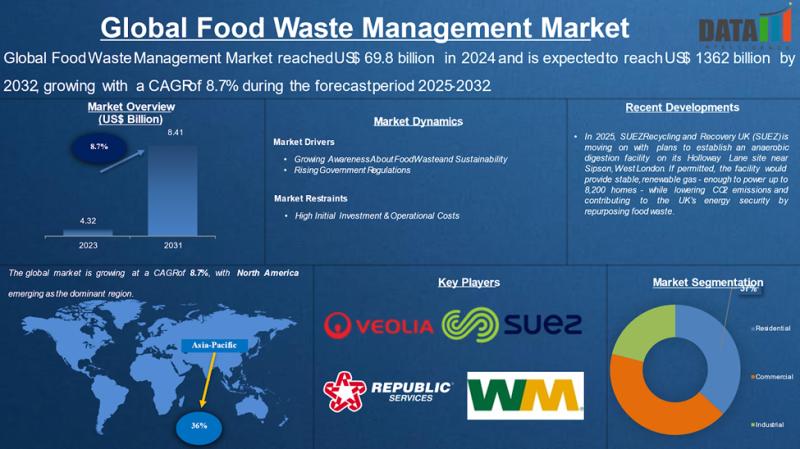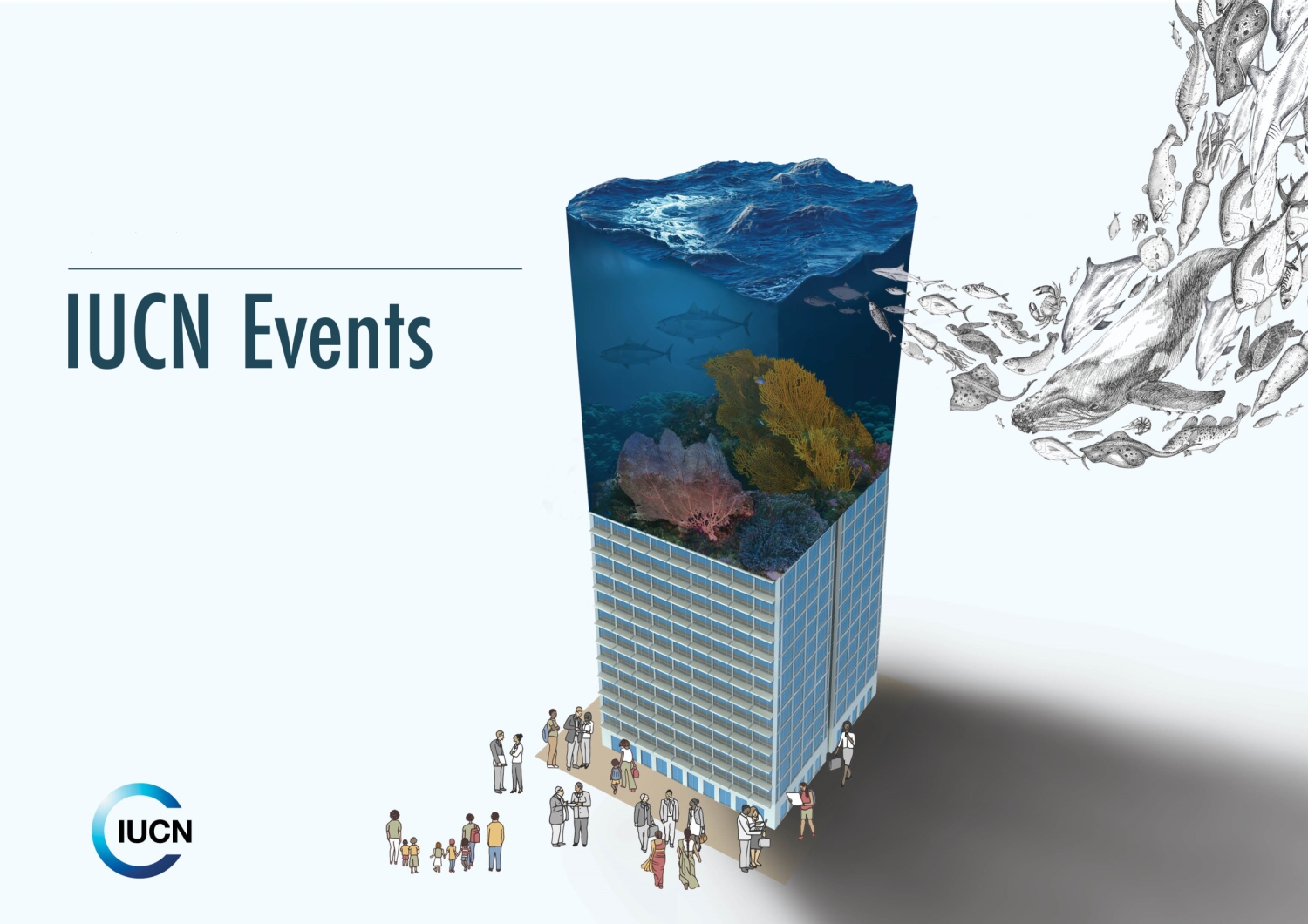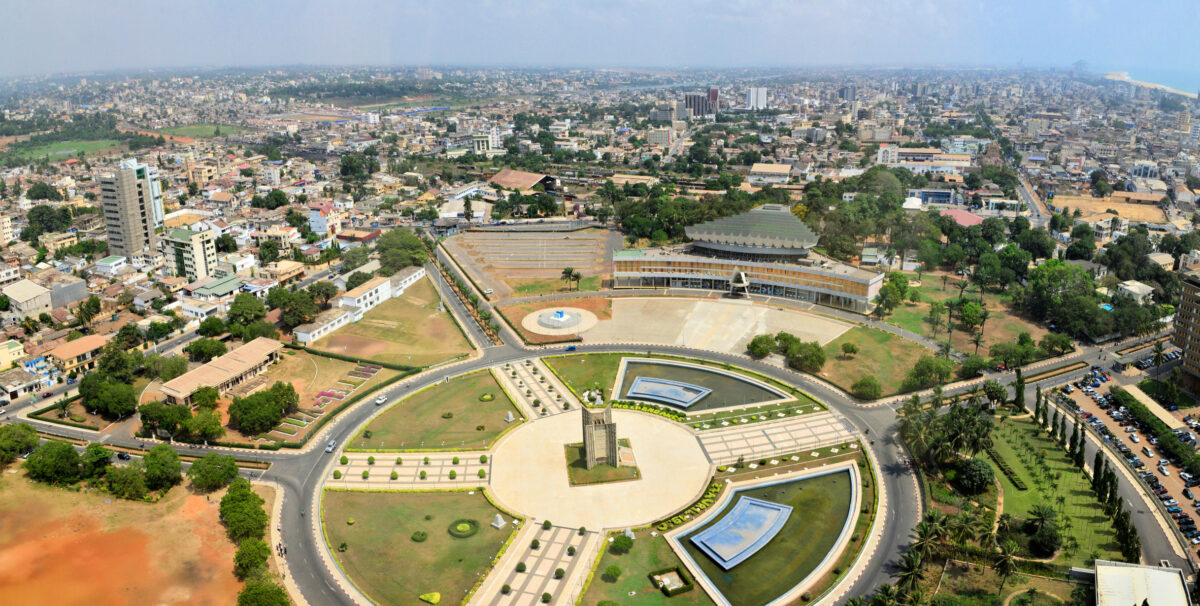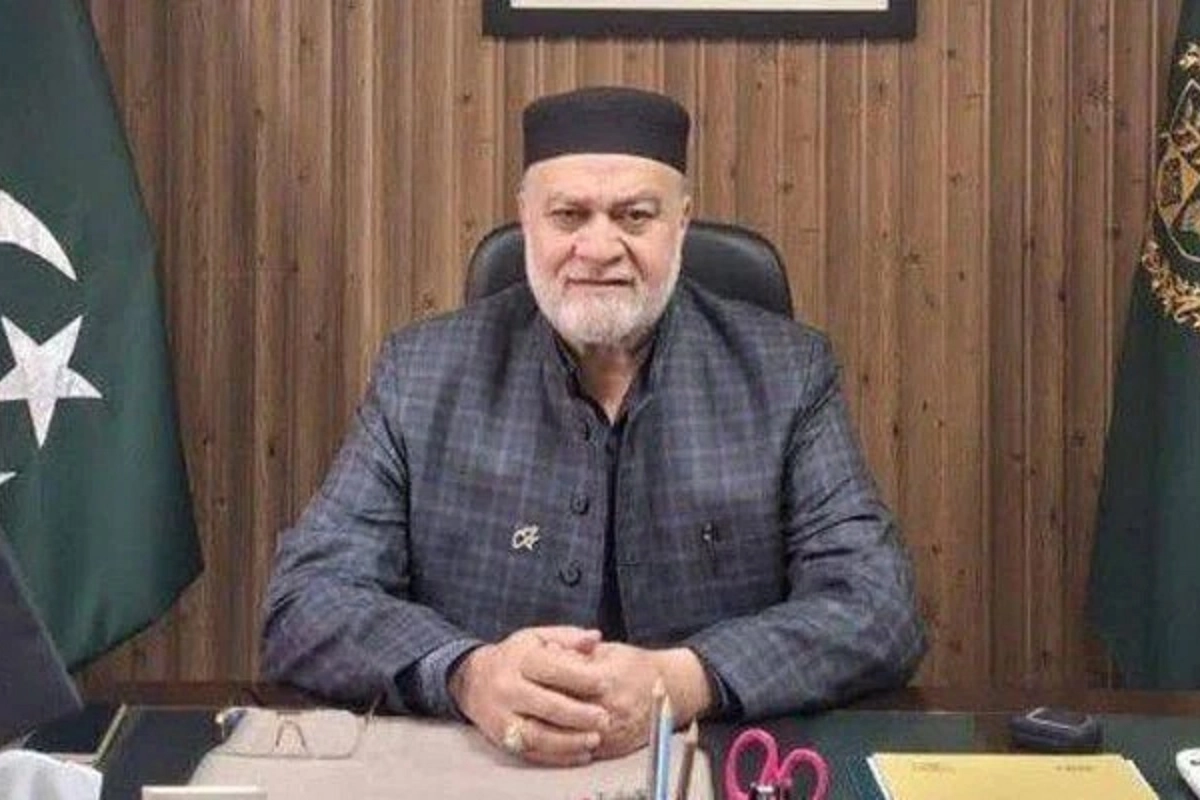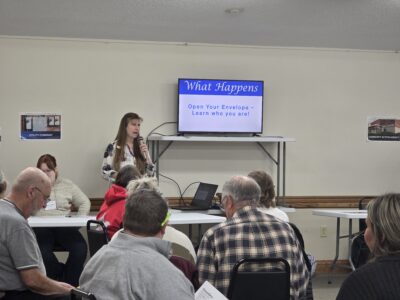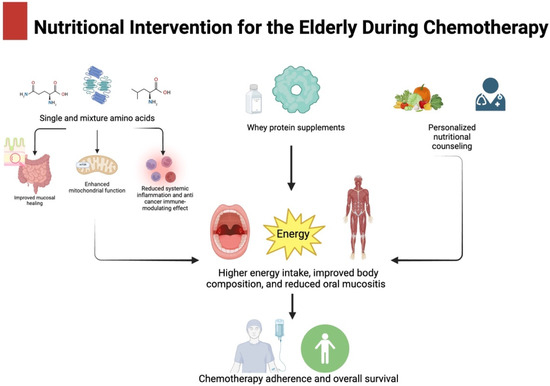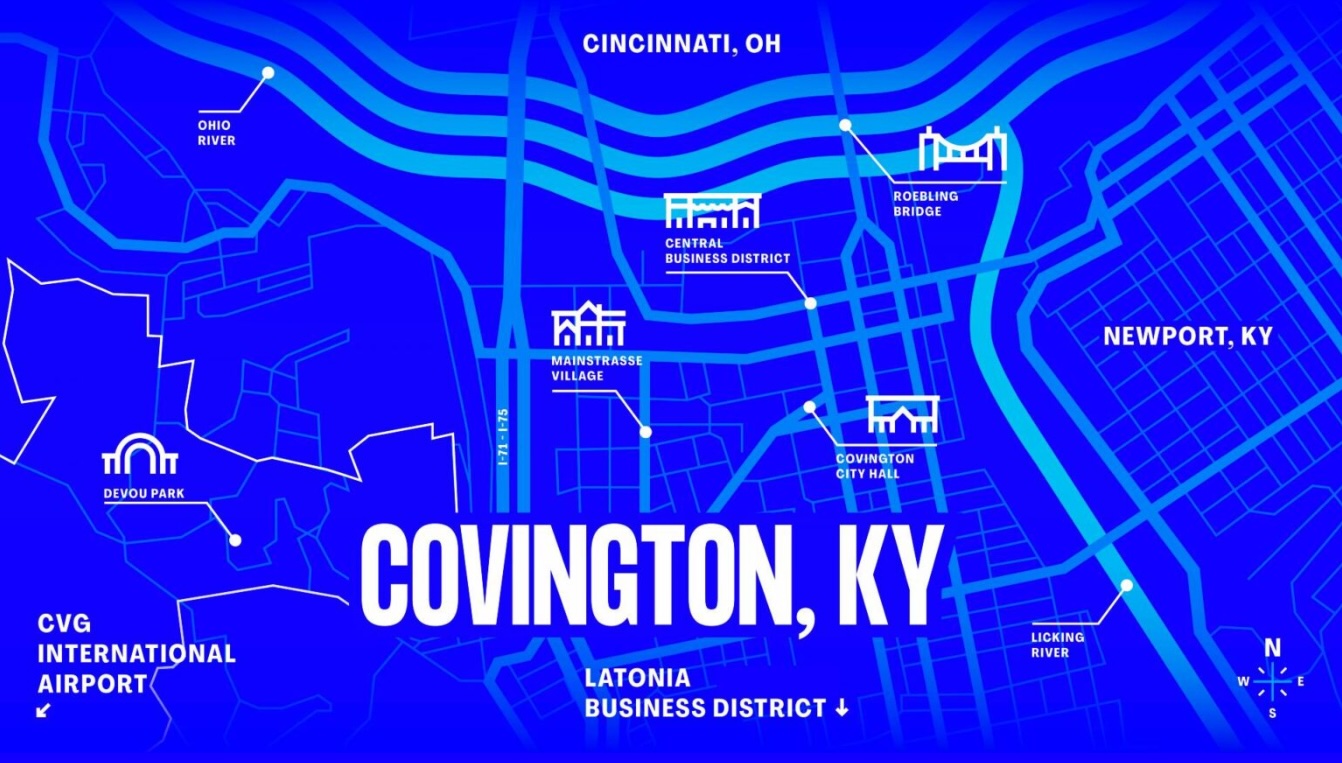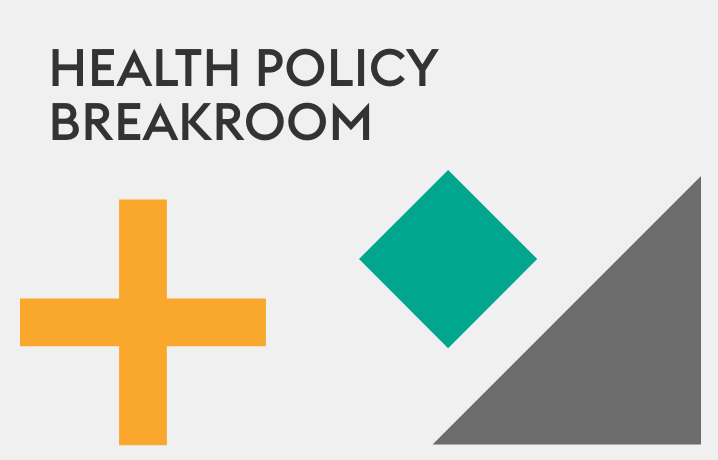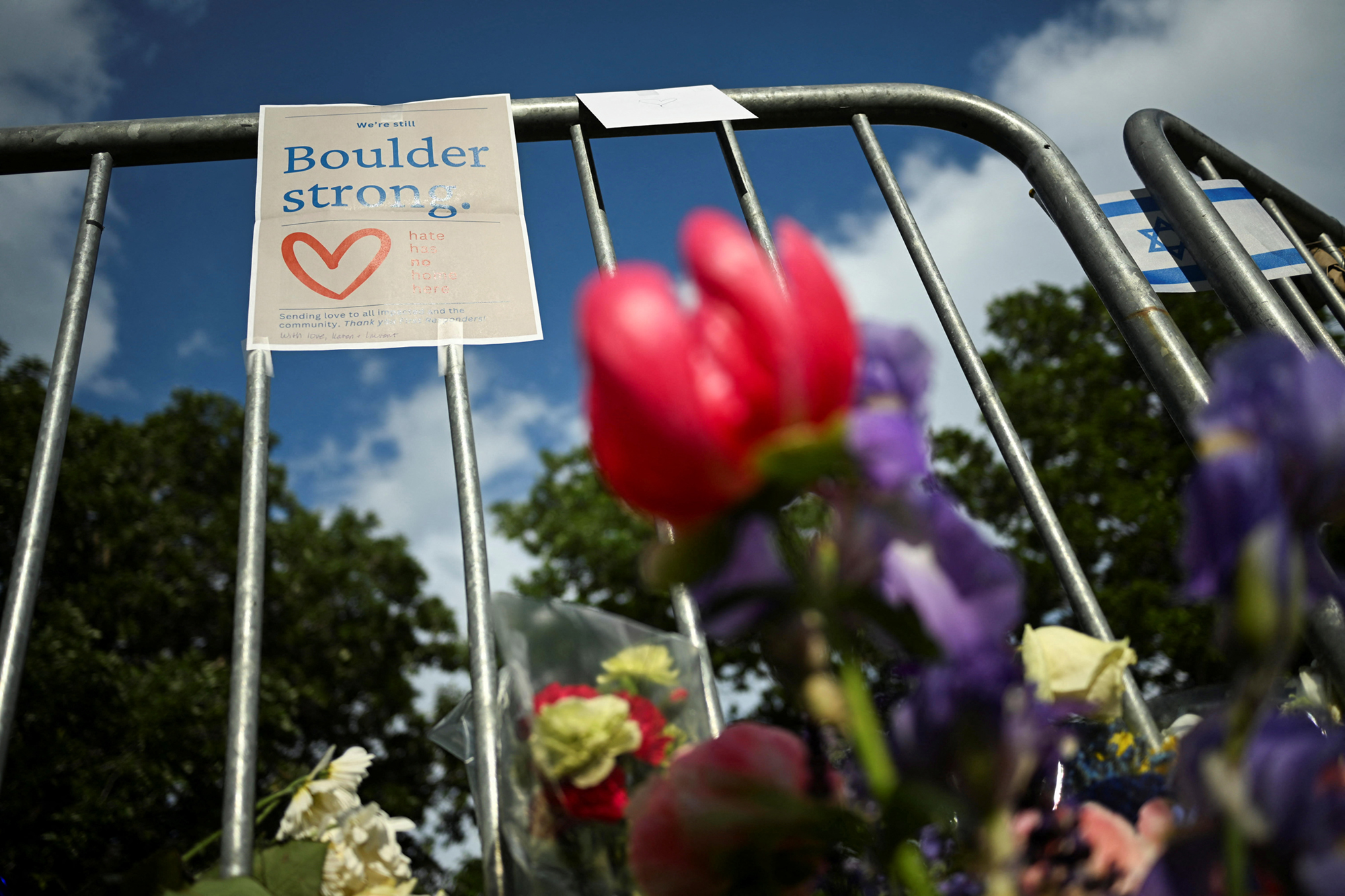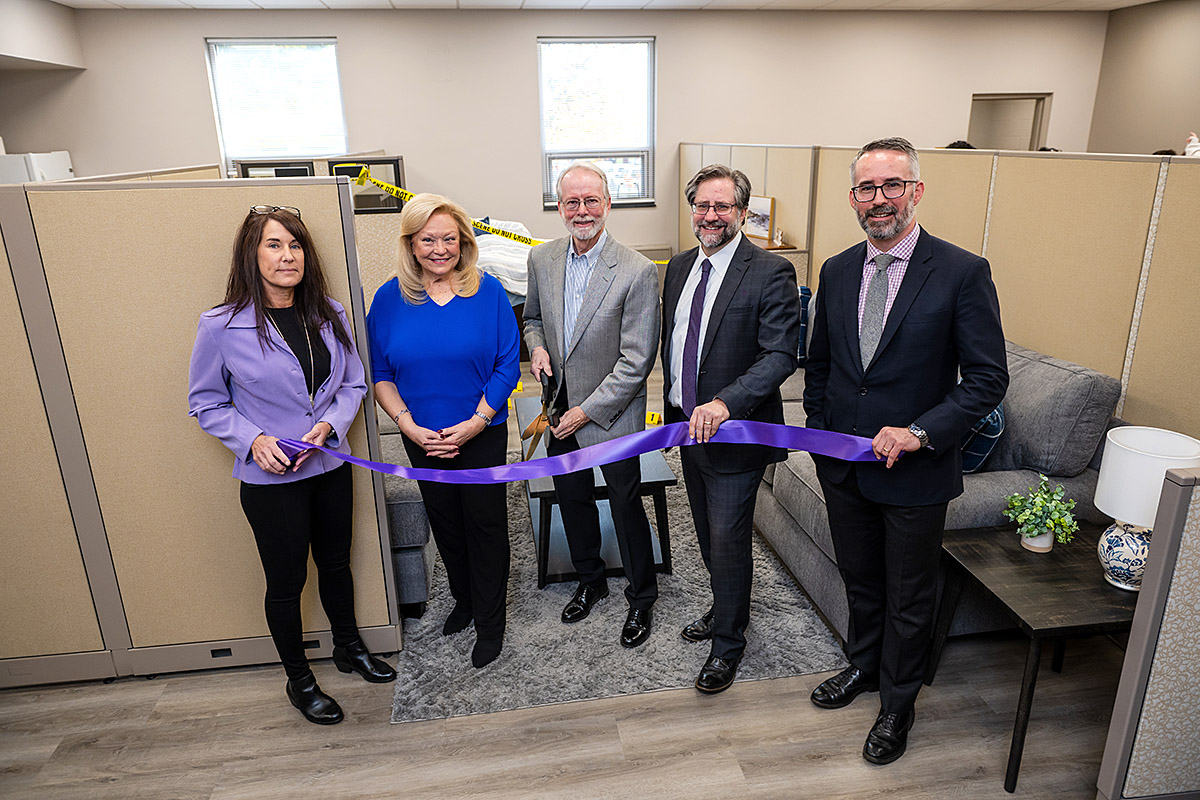Nominate a Bloomington human rights champion – City of Bloomington MN (.gov)
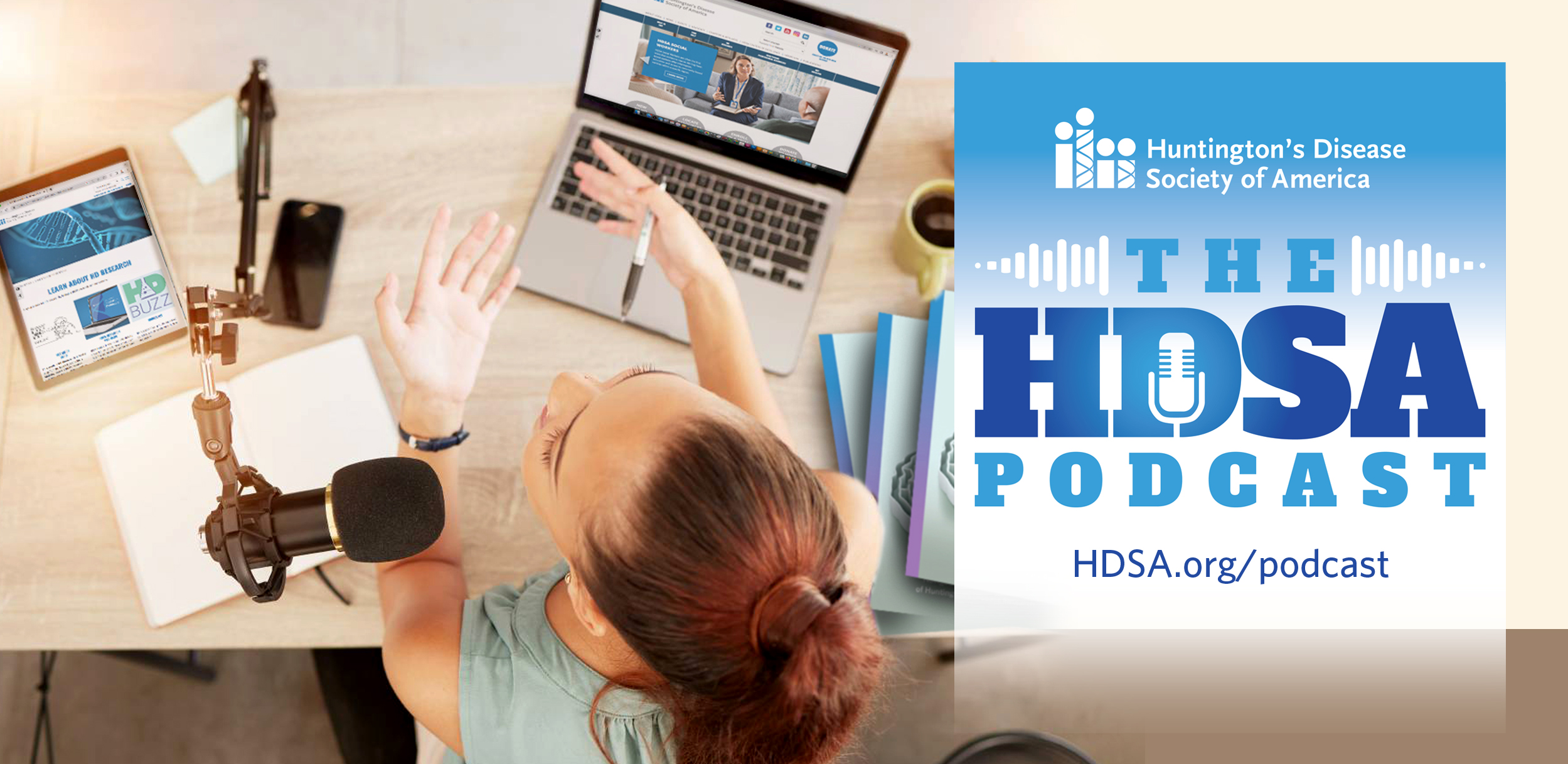
Report on the Omar Bonderud Human Rights Award Nomination Period
Introduction
The City of Bloomington Human Rights Commission has officially opened the nomination period for the annual Omar Bonderud Human Rights Award. This initiative seeks to recognize an individual or organization that has made a significant contribution to upholding human rights within the community. The award focuses on efforts that ensure equal opportunities in key sectors such as employment, housing, public accommodations, public services, and education.
Alignment with Sustainable Development Goals (SDGs)
The principles of the Omar Bonderud Human Rights Award are fundamentally aligned with several of the United Nations Sustainable Development Goals (SDGs), reflecting a local commitment to a global agenda for equity and justice.
Core SDG Linkages
- SDG 10: Reduced Inequalities: The award’s primary objective is to honor work that directly confronts and reduces inequalities, ensuring that all people in Bloomington have their rights protected and opportunities secured.
- SDG 16: Peace, Justice and Strong Institutions: By celebrating champions of human rights, the award reinforces the importance of strong, just, and inclusive local institutions, as embodied by the Human Rights Commission itself.
- SDG 11: Sustainable Cities and Communities: Recognizing contributions in housing and public services directly supports the goal of making cities and human settlements inclusive, safe, resilient, and sustainable.
- SDG 8: Decent Work and Economic Growth: The emphasis on equal opportunity in employment promotes inclusive and sustainable economic growth and decent work for all residents.
- SDG 4: Quality Education: The award acknowledges efforts to ensure inclusive and equitable quality education and promote lifelong learning opportunities for everyone in the community.
Award History and Background
Legacy of Omar Bonderud
The award is named in honor of Omar Bonderud, who served as the first chairperson of the Bloomington Human Rights Commission upon its formation in 1968. His leadership established a foundation for the city’s ongoing commitment to human rights.
Award Precedent
Since its inception in 1974, the Human Rights Commission has conferred this honor upon 41 distinguished local individuals and organizations, creating a legacy of recognized human rights advocacy in Bloomington.
Nomination and Submission Protocol
Submission Deadline
All nominations must be officially submitted by the deadline of August 29.
Information and Application Channels
For detailed information regarding the application process, criteria, and a list of previous award recipients, interested parties may utilize the following resources:
- Official Website: Visit the award’s webpage at blm.mn/bonderud.
- Email Inquiry: Direct questions to humanrights@bloomingtonmn.gov.
- Telephone Inquiry: Contact the commission via phone at 952-563-8733.
1. Which SDGs are addressed or connected to the issues highlighted in the article?
SDG 10: Reduced Inequalities
- The article’s central theme is the promotion of human rights and ensuring “equal opportunities” for all people in Bloomington. This directly aligns with SDG 10, which aims to reduce inequality within and among countries by empowering and promoting the social, economic, and political inclusion of all.
SDG 16: Peace, Justice and Strong Institutions
- The article highlights the role of the “Human Rights Commission,” a local institution established in 1968. This connects to SDG 16, which focuses on building effective, accountable, and inclusive institutions at all levels to promote justice and human rights. The Omar Bonderud Human Rights Award is a mechanism used by this institution to promote its goals.
SDG 8: Decent Work and Economic Growth
- The call for nominations for those who ensure “equal opportunities in employment” directly links to SDG 8. This goal promotes inclusive and sustainable economic growth, full and productive employment, and decent work for all.
SDG 11: Sustainable Cities and Communities
- The article mentions ensuring equal opportunities in “housing, public accommodations, [and] public services” within the city of Bloomington. This relates to SDG 11, which aims to make cities and human settlements inclusive, safe, resilient, and sustainable.
SDG 4: Quality Education
- The focus on ensuring “equal opportunities in… education” connects the article to SDG 4, which seeks to ensure inclusive and equitable quality education and promote lifelong learning opportunities for all.
2. What specific targets under those SDGs can be identified based on the article’s content?
SDG 10: Reduced Inequalities
- Target 10.2: “By 2030, empower and promote the social, economic and political inclusion of all, irrespective of age, sex, disability, race, ethnicity, origin, religion or economic or other status.” The award recognizes contributions to ensuring rights and equal opportunities for all people in Bloomington, directly reflecting this target.
- Target 10.3: “Ensure equal opportunity and reduce inequalities of outcome, including by eliminating discriminatory laws, policies and practices…” The work of the Human Rights Commission and the individuals/organizations it recognizes contributes to this target.
SDG 16: Peace, Justice and Strong Institutions
- Target 16.b: “Promote and enforce non-discriminatory laws and policies for sustainable development.” The existence and function of the Human Rights Commission, which presents the award, is an example of a local effort to promote and enforce non-discriminatory practices.
SDG 8: Decent Work and Economic Growth
- Target 8.5: “By 2030, achieve full and productive employment and decent work for all women and men… and equal pay for work of equal value.” The article’s emphasis on “equal opportunities in employment” aligns with this target.
SDG 11: Sustainable Cities and Communities
- Target 11.1: “By 2030, ensure access for all to adequate, safe and affordable housing and basic services…” The mention of ensuring equal opportunities in “housing” and “public services” relates to this target.
SDG 4: Quality Education
- Target 4.5: “By 2030, eliminate gender disparities in education and ensure equal access to all levels of education… for the vulnerable…” The article’s call to recognize those who ensure “equal opportunities in… education” supports this goal.
3. Are there any indicators mentioned or implied in the article that can be used to measure progress towards the identified targets?
- The article does not provide quantitative data but implies several qualitative indicators for measuring progress at a local level.
- Existence of a dedicated local institution: The “Human Rights Commission,” formed in 1968, serves as an indicator for Target 16.b, demonstrating a formal mechanism to address human rights.
- Public recognition and promotion of human rights work: The annual “Omar Bonderud Human Rights Award” itself is an indicator. The article states that “41 local people and organizations” have been recognized since 1974, which can be seen as a proxy measure of community engagement and action in promoting human rights.
- Public engagement mechanism: The nomination process (“Nominations are due by August 29”) is an indicator of public participation and awareness, allowing citizens to report on and celebrate positive actions related to human rights in their community.
4. Create a table with three columns titled ‘SDGs, Targets and Indicators” to present the findings from analyzing the article.
| SDGs | Targets | Indicators (Implied from the article) |
|---|---|---|
| SDG 10: Reduced Inequalities | 10.2: Promote social, economic, and political inclusion of all. 10.3: Ensure equal opportunity and reduce inequalities of outcome. |
Number of individuals/organizations recognized for ensuring the rights of people in Bloomington (41 since 1974). |
| SDG 16: Peace, Justice and Strong Institutions | 16.b: Promote and enforce non-discriminatory laws and policies. | Existence of a local Human Rights Commission (formed in 1968). The annual award as a mechanism to promote non-discrimination. |
| SDG 8: Decent Work and Economic Growth | 8.5: Achieve full and productive employment and decent work for all. | The award’s criterion of ensuring “equal opportunities in employment” as a focus area for local action. |
| SDG 11: Sustainable Cities and Communities | 11.1: Ensure access for all to adequate, safe and affordable housing and basic services. | The award’s criteria of ensuring equal opportunities in “housing, public accommodations, [and] public services.” |
| SDG 4: Quality Education | 4.5: Ensure equal access to all levels of education. | The award’s criterion of ensuring “equal opportunities in… education” as a focus area for local action. |
Source: bloomingtonmn.gov

What is Your Reaction?
 Like
0
Like
0
 Dislike
0
Dislike
0
 Love
0
Love
0
 Funny
0
Funny
0
 Angry
0
Angry
0
 Sad
0
Sad
0
 Wow
0
Wow
0







